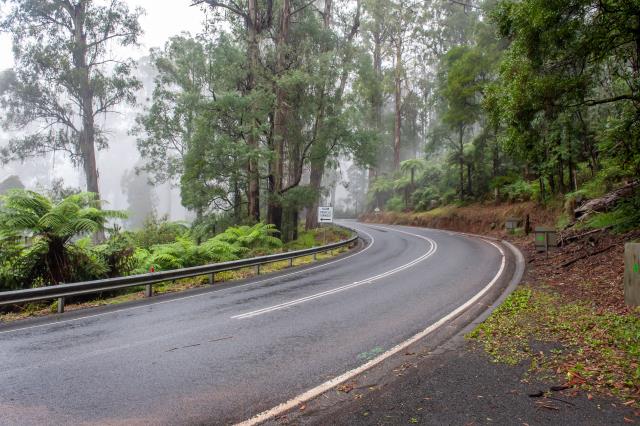By Casey Neill
HILLS and foothills families are among the hardest-hit by rising petrol prices.
Shire of Yarra Ranges councillor Samantha Dunn said rising petrol prices had become a critical issue in the shire, where residents were almost totally reliant on cars for transport.
“The cost of running a car in our shire is already the highest of any Victorian metropolitan municipality, and it’s only going to get worse,” she said.
“Solutions to these issues are absolutely critical to our community, and I strongly encourage the Victorian Government to set its mind to them immediately.”
The Eastern Transport Coalition (ETC) last week called on the State Government to help families cope with rising petrol costs.
“It is families in Melbourne’s outer eastern suburbs that will be most heavily affected by rapidly increasing fuel prices as they need to travel long distances to access work and other activities and often have no option but to use the car,” ETC chairperson and Knox councillor Mick Van de Vreede said.
The ETC last week called on the Government to order a Victorian Competition and Efficiency Commission study into the impact of peak oil in the state.
“There is no doubt that the Victorian Government is taking action on climate change, but we need a specific focus on peak oil and its impact,” Cr Van de Vreede said.
A State Government spokesperson said the price of oil was a concern for all governments, including the Victorian Government.
“Work continues within Government into energy efficient transport use for the future,” the spokesperson said.
Cr Van de Vreede’s comments followed the release of a Queensland Government report into the state’s vulnerability to rising oil prices.
He said the report found the community would bear large costs as oil reserves depleted and action be taken now to reduce the impact.
He said the Queensland Government was devising strategies to reduce the consumption of liquid fossil fuel, encourage the development and use of alternative fuels and prepare for demographic and regional changes from residents altering their habits because of rising fuel prices.
Fuel prices hitting hard
Digital Editions
-

Local zookeeper introduces her work
Established by the International Congress of Zookeepers in 2015, International Zookeeper Day is celebrated annually on 4 October to recognise the hard work and dedication…





